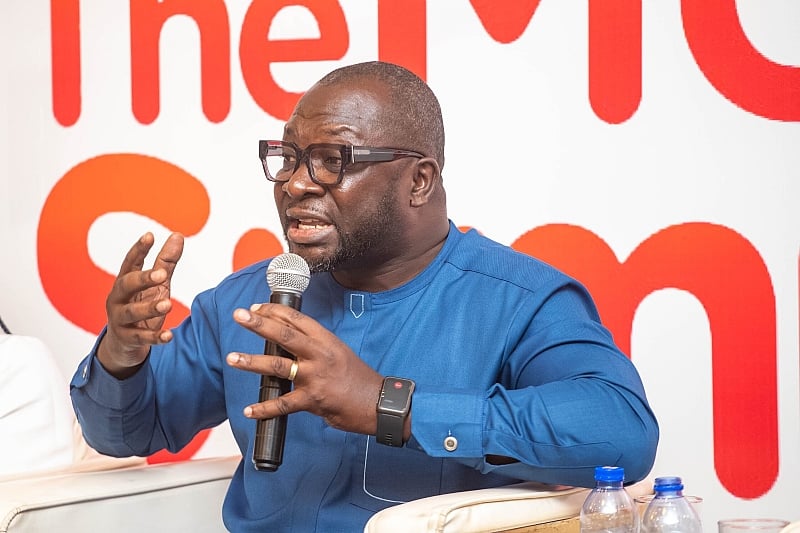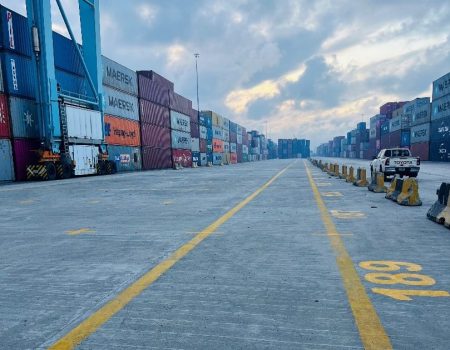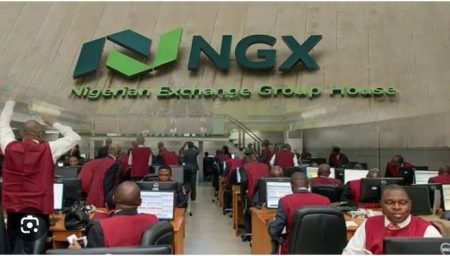The CEO of the Ghana Association of Banks, John Awuah, has expressed optimism about the potential of the GoldBod initiative to bolster the Ghanaian cedi and stabilize the national economy. This optimism hinges on the effective and transparent implementation of the initiative, which aims to formalize and regulate gold exports, a sector currently plagued by significant leakages and illicit activities. Awuah argues that the current unregulated nature of a substantial portion of Ghana’s gold trade is costing the nation billions of dollars annually, revenue that could significantly strengthen the cedi and contribute to broader economic stability. He believes GoldBod offers a viable solution to this long-standing challenge, provided it operates with integrity and avoids the pitfalls of mismanagement that have plagued other state institutions.
Awuah highlighted the staggering discrepancy between Ghana’s official gold export figures and those reported by importing countries, particularly Dubai. He cited a specific instance where Dubai reported importing $6 billion worth of gold from Ghana, while Ghana’s records reflected only $2 billion in exports. This $4 billion discrepancy, he argued, represents a significant loss of revenue for Ghana, revenue that could have been used to shore up the cedi and support economic growth. This discrepancy arises from the informal and often illegal practices prevalent in the gold trade, where buyers often circumvent official channels, sourcing gold directly from mining communities and bypassing regulatory oversight, even amongst licensed small-scale miners. The lack of transparency in these transactions makes it difficult to track the flow of gold and the corresponding financial transactions, ultimately hindering the country’s ability to benefit fully from its gold resources.
The core of the problem, as identified by Awuah, lies in the lack of control and transparency in the current system. The illicit flow of gold out of the country, facilitated by weak regulatory oversight and unofficial channels, effectively deprives Ghana of significant export revenue. This “missing” revenue, if properly accounted for and channeled through official channels, would have a substantial positive impact on the cedi’s value. He stressed that the success of GoldBod hinges on its ability to address these fundamental issues, ensuring that all gold exports are properly documented and the corresponding revenue flows into the national economy. This requires a robust system of checks and balances, coupled with a commitment to transparency and accountability at all levels.
Furthermore, Awuah highlighted the issue of offshore transactions, which further complicate the problem and exacerbate the loss of revenue. These transactions, often conducted entirely outside of Ghana’s regulatory framework, involve the acquisition of cedis within Ghana for the purchase of gold, which is then exported without the corresponding dollars entering the Ghanaian economy. This creates a situation where only a small percentage of the proceeds, estimated between 10% and 15%, return to Ghana, while the majority of the revenue remains offshore, beyond the reach of the national economy. This practice, he warned, represents a significant drain on the country’s resources and undermines efforts to stabilize the cedi.
The implications of these unregulated and untracked gold exports extend beyond the immediate loss of revenue. The lack of transparency creates an environment conducive to illicit activities, potentially fueling money laundering and other financial crimes. Moreover, it undermines the credibility of the country’s financial system and discourages foreign investment. Awuah emphasized the urgency of addressing these challenges, arguing that without decisive action, this loophole will continue to hinder Ghana’s economic progress. The GoldBod initiative, he suggests, offers a pathway to a more transparent and accountable gold trade, which can contribute significantly to stabilizing the cedi and bolstering the national economy.
In conclusion, Awuah’s message is clear: the GoldBod initiative holds significant promise for stabilizing the Ghanaian cedi and strengthening the national economy. However, its success is contingent upon its ability to address the systemic issues that have plagued the gold trade for years. This requires a commitment to transparency, accountability, and robust regulatory oversight. By plugging the loopholes that have allowed billions of dollars to leak out of the economy, GoldBod can unlock the true potential of Ghana’s gold resources and contribute to a more stable and prosperous future. This, in turn, will require a concerted effort from all stakeholders, including government agencies, mining companies, and the international community, to ensure that the GoldBod initiative is implemented effectively and achieves its intended goals.














